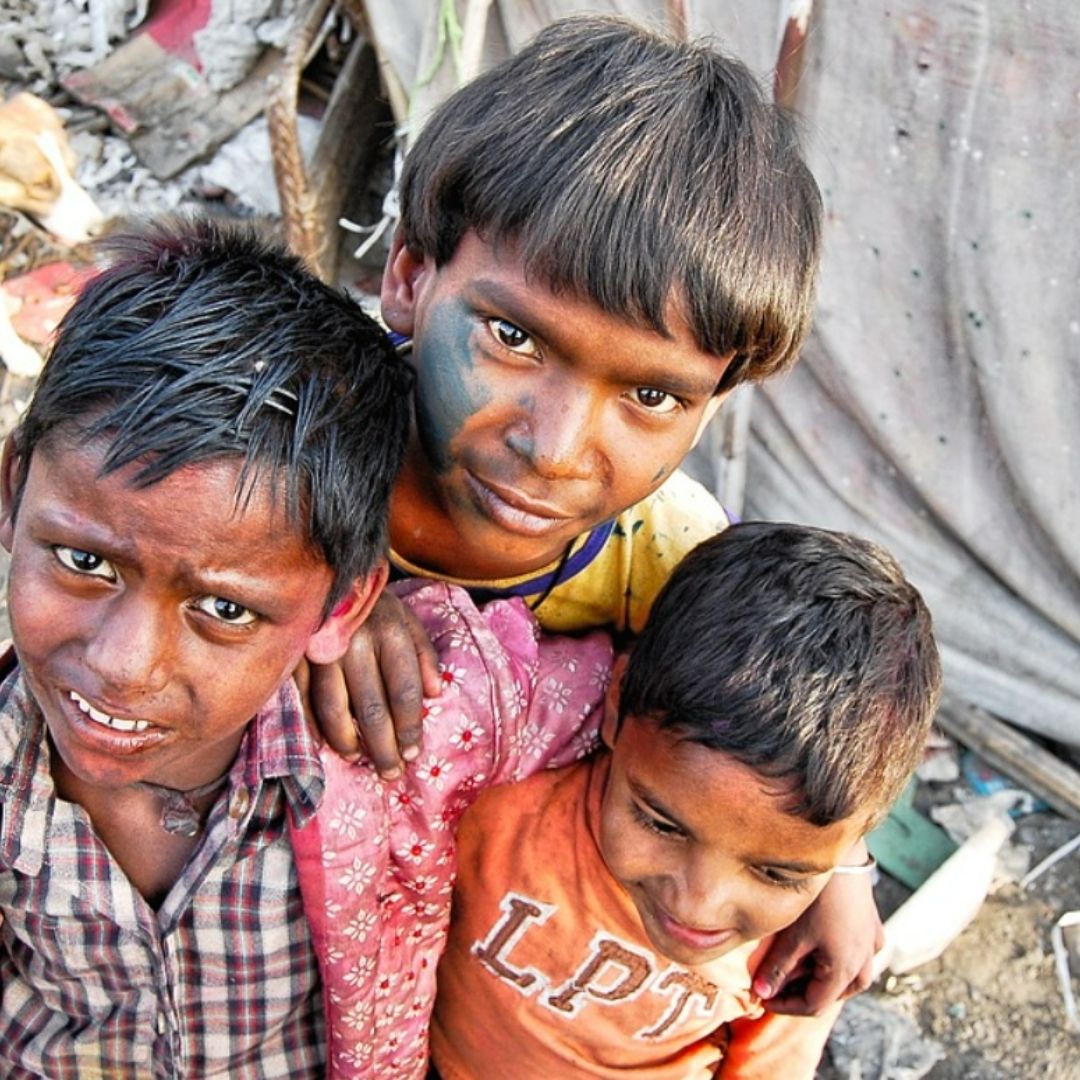
Image Credits: Pixabay
Trapped In A Cycle Of Poverty: India Accounts For 60% Global Rise In World's Poor
Writer: Ratika Rana
Her primary objective is to inform, promote, educate and cultivate readers through writing.
India, 10 Sep 2021 8:46 AM GMT | Updated 13 Oct 2021 9:27 AM GMT
Editor : Madhusree Goswami |
A mountain girl trying to make it big in the city. She loves to travel and explore and hence keen on doing on-ground stories. Giving the crux of the matter through her editing skills is her way to pay back the journalism its due credit.
Creatives : Ratika Rana
Her primary objective is to inform, promote, educate and cultivate readers through writing.
A report by Pew Research Centre said that middle class in the country has reportedly shrunk by 32 million.
Seventy-five years since Independence and India has not been able to break the cycle of poverty. Nonetheless, it has shown significant progress in fighting the menace of mass poverty. The COVID-induced economic recession further pushed 75 million Indians into poverty. A report by Pew Research Centre said that COVID-19 has impacted the living standards of individuals globally. In 2020, the World Bank forecasted India's Gross Domestic Product (GDPs) growth at 5.8 per cent, while in January 2021, the growth dipped to -9.6 per cent.
China Fared Relatively Well
The research showed that the middle class in the country has reportedly shrunk by 32 million. The rise in the number of poor in the country is at a 14-year high in the rural employment programs, which were designed to battle unemployment and poverty in the first place. On the other hand, China, a country with almost the same population as India, has done reasonably well. The most significant impact was the inclusion of 30 million people in the low-income tier. In contrast, the number of people in the middle-income group shrank by 10 million, and poverty remained unchanged virtually.
134 Million Poor In India
Before the pandemic, 99 million people were projected to belong to the middle-income group. However, the number was cut down by a third to 66 million people. Meanwhile, the number of poor in India has increased to a staggering 134 million, contrary to the prediction of 59 million expected before the economic slowdown. The question is this financial instability for the majority of Indian citizens a temporary phase, or are we expecting long-lasting consequences?
People have primarily reduced spending and have exhausted their savings as well. Exhaustion of reserve money means a reduced probability of spending in the future as well. The government's response is directly proportional to the intensity of the crisis, and currently, a way out of poverty, like a way out of the pandemic seems unclear.
Also Read: No Jeans Or T-Shirts In Office As It Sends Wrong Message To People: Uttarakhand DM
 All section
All section














